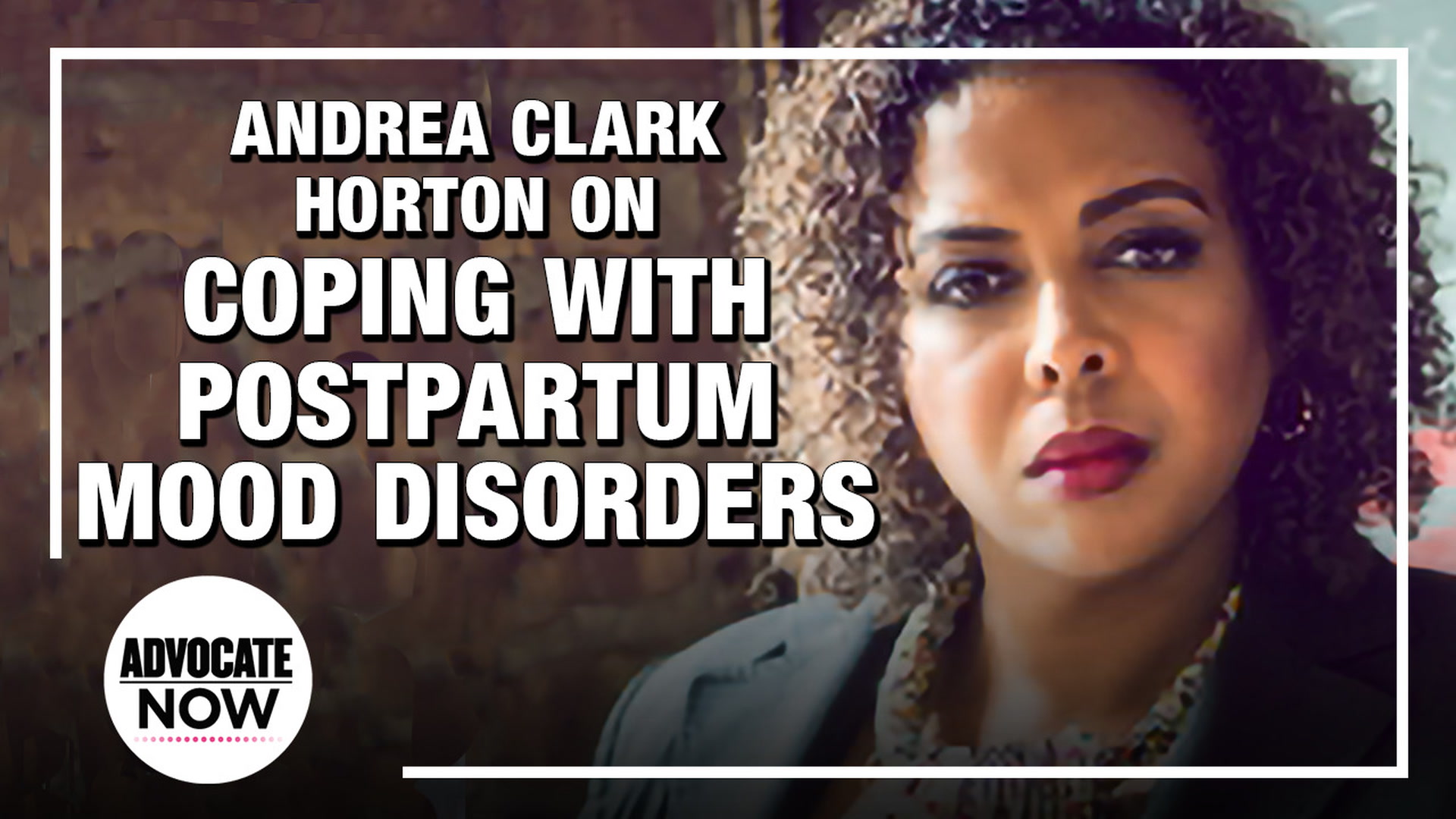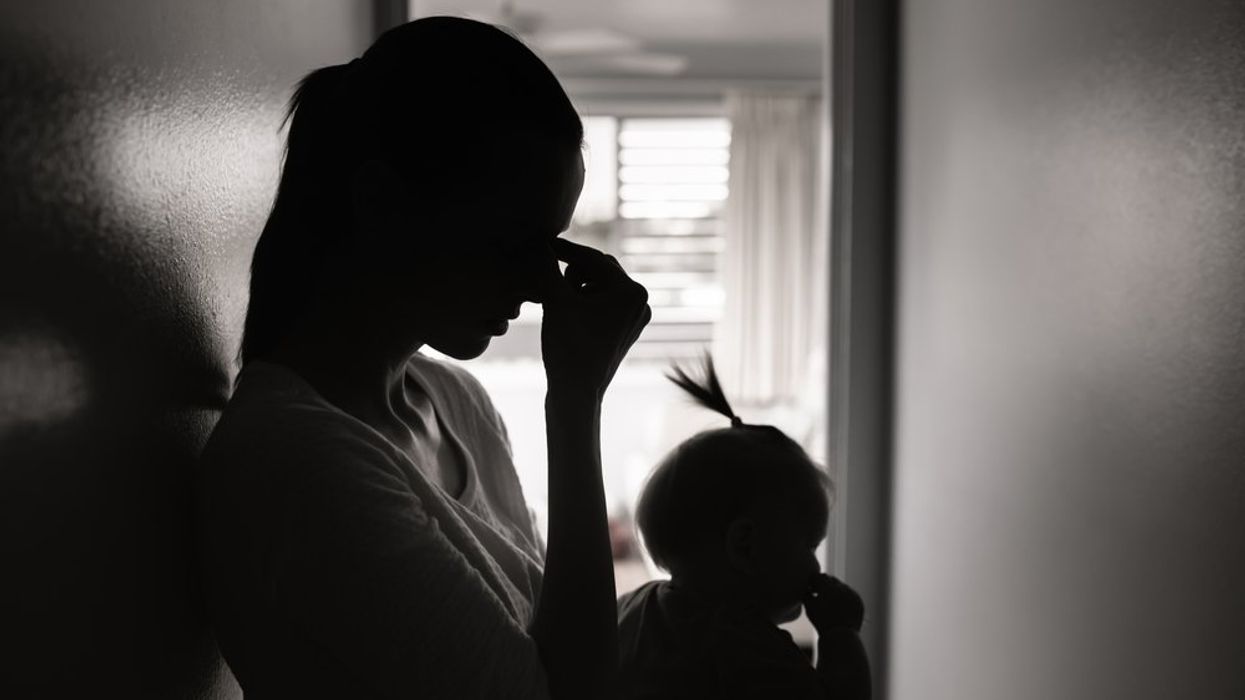Andrea Clark Horton served as the chaplain for women's health at Northwestern Memorial Hospital in Chicago for over six years. Now, she works with Postpartum Support International to end the stigma around pregnancy-related mood disorders, particularly the shame surrounding them.
How to Cope with Postpartum Mood Disturbances

"Part of the shame comes in when you are experiencing what's supposed to be this wonderfully joyful, life changing event," she tells Sonia Baghdady of Advocate Now. "You're going to be tired, you're not going to sleep. But the dominant narrative around motherhood is that you're supposed to be able to do everything, and do it with a smile and do it with joy."
Postpartum Support International describes its mission as "promoting awareness, prevention and treatment of mental health issues related to childbearing in every country worldwide." They offer educational materials, mental health and medication resources, as well as support groups.
While Clark Horton takes pride in the work her teams have accomplished, she believes "a lot still has to be done to help the professionals that walk alongside families through the birthing process to understand what mental health in that period of time," particularly for marginalized groups.
Mood disorders can impact anyone during pregnancy, but Clark Horton notes that women and birthing people in marginalized communities often face extra barriers in receiving treatment, as well as extra environmental stressors.
"One in five women are going to experience some form of perinatal mood disorder [...] across the board, regardless of race, class, and all that," she explains. "What happens with communities of color is in addition to the stressors that come with these mood disorders during the perinatal period, you also have the always existing systemic issues that affect our everyday lives that are stressors anyway."
She adds: "Racism, xenophobia and when you live at the intersection of both being a person of color and someone who happens to be identified as LGBTQ or queer, the additional kind of discrimination and misunderstanding that you might face both within your your local community, your family system, faith community, and then the health care system.
For more interviews like these, watch Advocate Now on The Advocate Channel.


















































